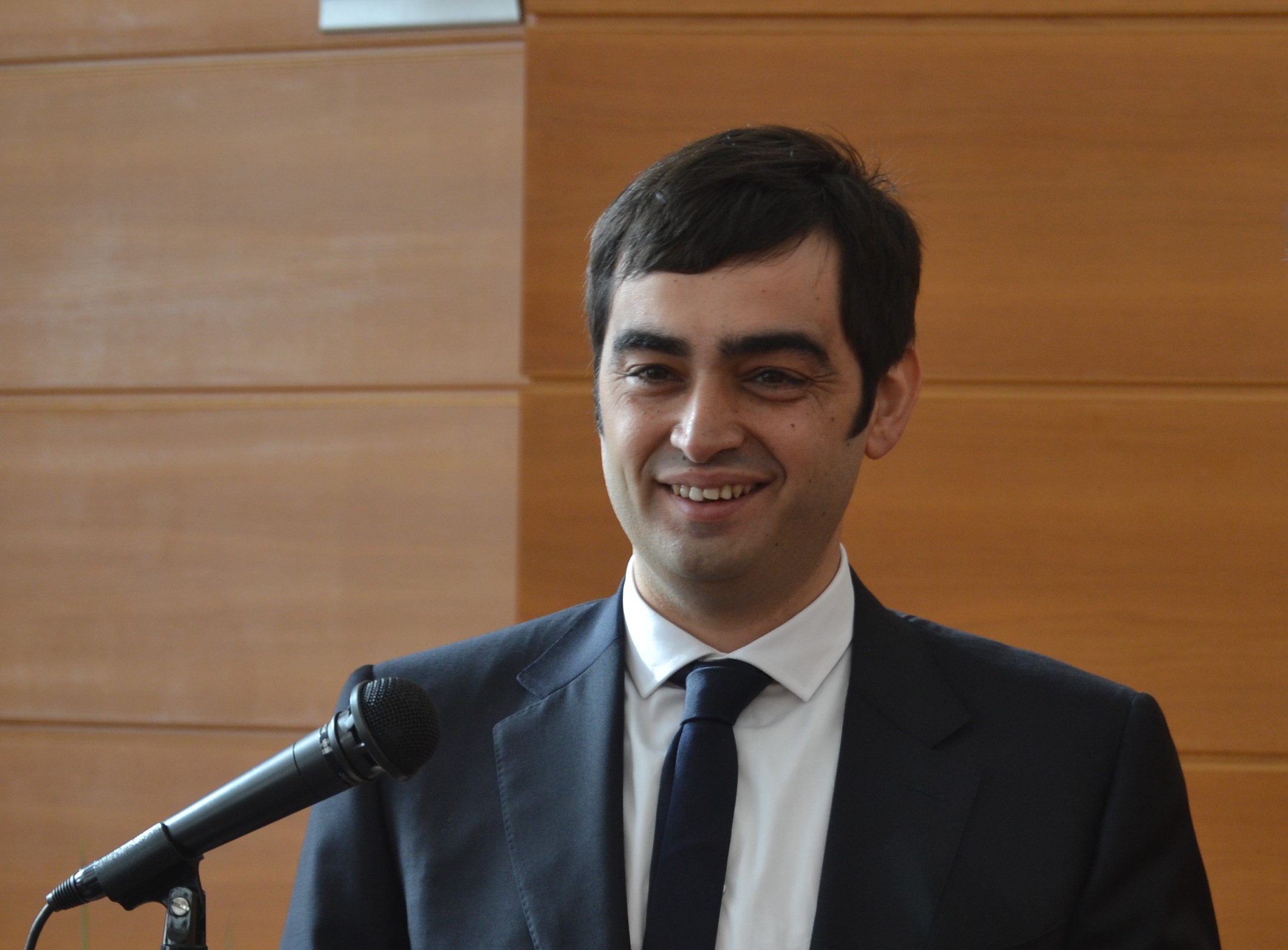Advancing NASH Research with Mice: Best Practices and Applications of Westernized Diets
ON-DEMAND VIRTUAL SYMPOSIUM
Is There a Murine Model That Fully Recapitulates Human NASH? An Unbiased Bioinformatics Approach Proposed by the EU IMI2 LITMUS Consortium to Rank Pre-clinical Models Based on Proximity to Human Disease
Taconic Biosciences' virtual NASH Symposium keynote speaker, Dr. Michele Vacca, walked through the evaluation process used by the LITMUS consortium to identify and rank NAFLD-relevant murine models in a retrospective review with comparison to human NASH.
The majority of preclinical NASH research is performed in rodents; nevertheless, the appropriate model for recapitulating human disease is yet uncertain.
To address this major unmet need, the LITMUS Pre-clinical Group performed a wide-ranging retrospective review of commonly used murine models, comparing them to human NASH by using a complex bioinformatics pipeline based on:
1) metabolic phenotype,
2) centralized liver histology, and
3) liver transcriptome benchmarked against human NASH.
Fill out the form to watch the keynote address presented at the NASH Symposium.

Michele Vacca, MD, PhD
Assistant Professor at the University of Bari (IT) and Principal Investigator at the Roger Williams Institute of Hepatology (UK), and member of the LITMUS European consortium
Trained as a Medical Doctor and Specialist in Internal Medicine at the University of Bari “Aldo Moro”, Dr. Vacca underwent a PhD in molecular biology in the Lab of Antonio Moschetta (Mario Negri Sud) and University of Chieti-Pescara. Dr. Vacca was therefore appointed at the MRC Human Nutrition Research and the University of Cambridge as a Clinician Scientist, working also as a Consultant at the Cambridge University Hospitals in the Lipids/NASH Services, where he joined teams led by world-leading experts in obesity/lipotoxicity (Antonio Vidal-Puig) and nutrition/metabolomics (Jules Griffin).
He is currently Tenure Track Assistant Professor in Internal Medicine at the University of Bari (IT) and Principal Investigator at the Roger Williams Institute of Hepatology (London, UK). Dr. Vacca’s track record falls in the field of systemic/hepatic metabolism in the context of obesity/NASH/HCC with expertise in pre-clinical and translational studies, functional genomics, and systems biology.
In the last years, he has made significant accomplishments in the field of obesity/lipotoxicity as drivers of liver disease, as well as in describing the rewiring of cellular metabolism in cancer. Most of his findings have great translational potential for obesity-associated complications including NAFLD, and have been published in highly reputed journals including Nature Metabolism, Gastroenterology, J Hepatology, Hepatology, Cardiovascular Research, Molecular Metabolism and BBA. MV co-leads with Prof Vidal-Puig (Cambridge) and James Perfield (Lilly) the LITMUS pre-clinical group, which has generated a large collection of preclinical NASH models to generate a consensus and develop a coherent preclinical pipeline for reverse translation of novel NASH biomarkers.
He is currently Tenure Track Assistant Professor in Internal Medicine at the University of Bari (IT) and Principal Investigator at the Roger Williams Institute of Hepatology (London, UK). Dr. Vacca’s track record falls in the field of systemic/hepatic metabolism in the context of obesity/NASH/HCC with expertise in pre-clinical and translational studies, functional genomics, and systems biology.
In the last years, he has made significant accomplishments in the field of obesity/lipotoxicity as drivers of liver disease, as well as in describing the rewiring of cellular metabolism in cancer. Most of his findings have great translational potential for obesity-associated complications including NAFLD, and have been published in highly reputed journals including Nature Metabolism, Gastroenterology, J Hepatology, Hepatology, Cardiovascular Research, Molecular Metabolism and BBA. MV co-leads with Prof Vidal-Puig (Cambridge) and James Perfield (Lilly) the LITMUS pre-clinical group, which has generated a large collection of preclinical NASH models to generate a consensus and develop a coherent preclinical pipeline for reverse translation of novel NASH biomarkers.